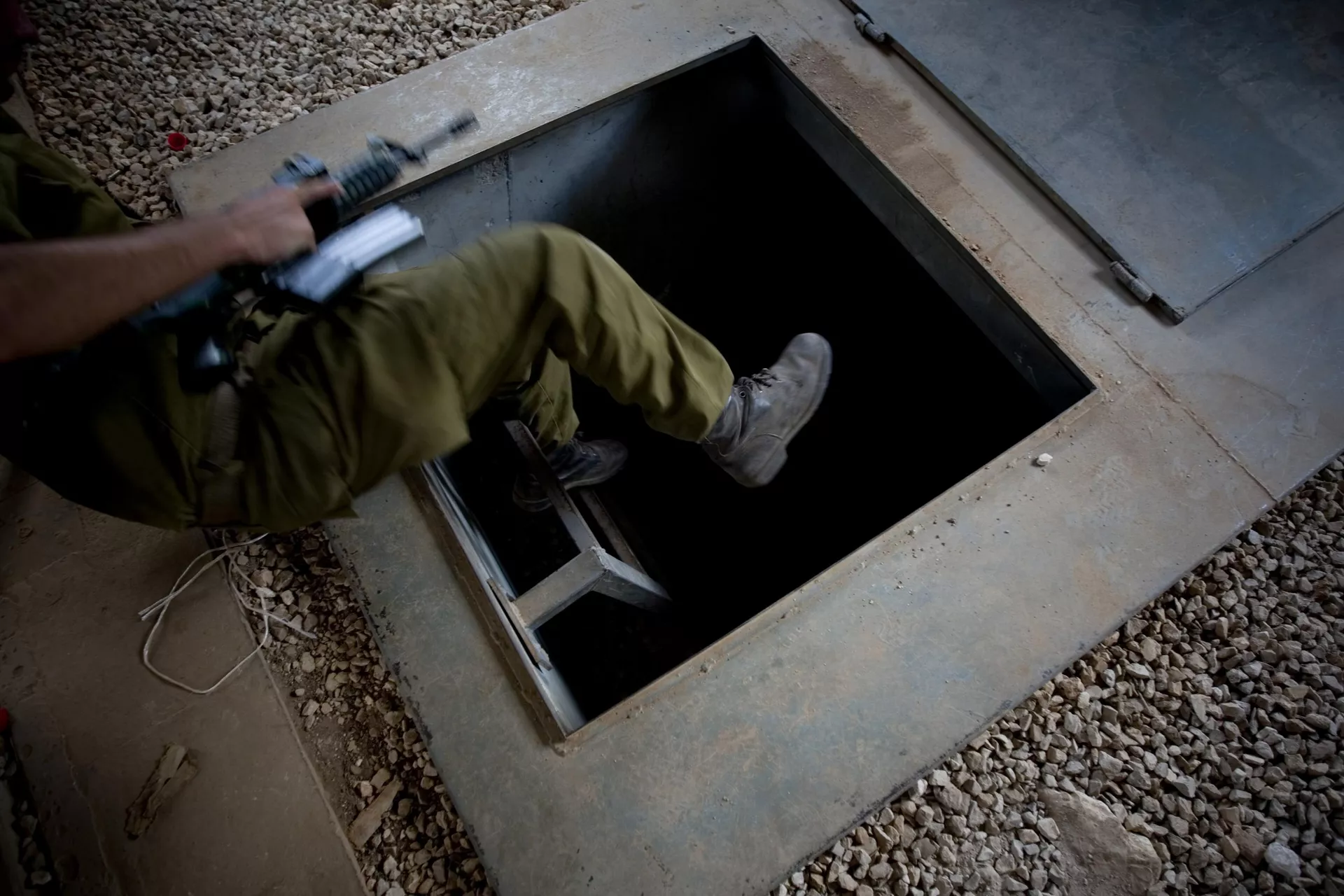
Even ‘Limited’ Israeli Ground Operation Against Hezbollah in Lebanon Would Be ‘Perilous’: Here’s Why
The clouds of war are swirling over Lebanon amid reports that the Israeli airstrikes targeting the country’s cities may soon be complemented by a ground invasion. International and security affairs expert Mehmet Rakipoglu tells Sputnik why a ground offensive would pose tremendous risks for Israel, and why Benjamin Netanyahu may proceed anyway.
Israeli Defense Minister Yoav Gallant offered the clearest indication yet that IDF is preparing for a ground incursion into Lebanon, telling troops on Monday that “the elimination of [Hezbollah leader Hassan] Nasrallah is an important step but it is not everything,” and touting readiness to activate reserves to ensure that the tens of thousands of Israelis who were evacuated from northern Israel amid nearly a year of cross-border skirmishes with Hezbollah could return to their homes.
Also Monday, Hezbollah deputy chief Sheikh Naim Qassem announced that the militia is ready to meet Israeli aggression head-on. “Hezbollah is prepared for Israel’s ground incursion and is also prepared for a long war,” he said.
“Despite the losses of commanders, the attacks against civilians throughout Lebanon, and great sacrifices, we will not budge from our position,” Qassem assured.
Israel has spent months assembling troops near the border with Lebanon amid increasingly heavy back-and-forth clashes with Hezbollah, with the simultaneous detonation of up to 5,000 pagers and other electronic devices September 17-18 targeting Hezbollah fighters and injuring thousands of civilians followed up by heavy airstrikes targeting the militia’s commanders, culminating in Hassan Nasrallah’s assassination in a massive strike in Beirut last Friday.
“A ground operation in Lebanon by Israel is likely, given the military buildup near the border. However, such an operation carries significant risks” for Tel Aviv, political researcher Dr. Mehmet Rakipoglu told Sputnik.
“In urban warfare, non-state actors like Hezbollah can inflict heavy damage on conventional military forces, making even limited operations perilous. Israel risks facing a situation similar to its prolonged struggle in Gaza, potentially drawing itself into a protracted conflict,” Rakipoglu, an assistant professor at Turkiye’s Mardin Artuklu University, and director of Turkish Studies at the Istanbul-based Mokha Center for Strategic Studies, explained.

An Israeli soldier reacts after he was injured when a rocket fired by Hezbollah guerrillas hit the area at an Israeli artillery position near the northern Israeli town of Kiryat Shmona.
Hezbollah in particular has proven difficult for Israel’s regular army to handle, with the IDF forced to withdraw from southern Lebanon in 2000 in an unprecedented defeat after a grinding, 15-year-long guerrilla campaign by the Shia militia. In the 2006 Lebanon War, an Israeli ground incursion was halted in its tracks by heavily outnumbered Hezbollah fighters, who incurred heavy losses on Israeli troops, armor, naval and air assets before a UN-brokered ceasefire was reached.
Despite these risks, Israeli Prime Minister Benjamin Netanyahu today can’t be described as a “rational actor,” given his record of aggressive and escalatory policies, and actions which could undermine Israel’s own security both in the short and long term. This makes “this scenario more challenging to predict,” according to Rakipoglu.

In this file photo taken Wednesday, July 21, 2010, an Israeli soldier jumps into a tunnel during training simulating military posts in south Lebanon, at the Elyakim training grounds, northern Israel. Hezbollah is presumed to possess a vast tunnel network, larger than the one that has bogged down Israeli forces significantly in the course of its nearly year-long campaign against Hamas fighters in Gaza.
“If a ground operation occurs, Israel is likely to face heavy losses. Hezbollah is a far stronger actor than Hamas, both financially and militarily, and Israel may incur substantial casualties without being able to neutralize Hezbollah entirely,” Rakipoglu warned.
Israel, facing setbacks in Gaza, is now “attempting to gain a psychological advantage by targeting resistance leadership,” according to the observer. These attacks, including the assassination of Hezbollah’s Nasrallah and senior members of the militia’s command structure, “damages its strategic capabilities.” On the other hand, “while Israel appears to gain from this, the move may increase global opposition to Israel, especially after violating international law with an attack on sovereign Lebanese territory,” Rakipoglu summed up.

